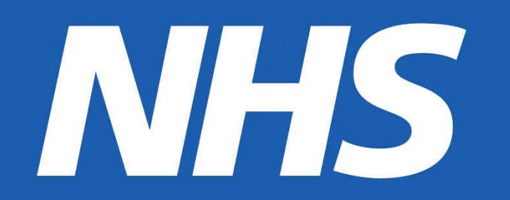The Department for Health and Social Care (DHSC) has confirmed it will be proceeding with its proposed changes to the NHS Pension Scheme contribution structure, although its introduction has been delayed by six months.
NHS Pension Scheme members will begin to build up career average revalued earnings (CARE) benefits from April 2022, as the scheme has moved from a final salary linked structure to a CARE model.
The new member contribution structure will be phased in over two years from 1 October 2022, six months later than first proposed, to the levels outlined in the initial consultation.
Tier one will contain those earning up to £13,231 and have a contribution rate of 5.2 per cent once fully phased in.
Tier two (those earning £15,432 – £22,548) will eventually have a contribution rate of 6.5 per cent, tier three (£22,549 - £27,779) will have a rate of 8.3 per cent, tier four (£27,780 - £42,120) will contribute 9.8 per cent of salary, tier five (£47,846 - £54,763) will pay 10.7 per cent, and tier six (£54,764 and above) will contribute 12.5 per cent of salary.
Members’ contribution rates will be changed to be based on actual pensionable pay, rather than their notional whole-time equivalent pay.
"This is because a high level of cross-subsidy between higher and lower earning NHS Pension Scheme members is no longer appropriate in a CARE scheme, where all members get the same proportional benefit," the consultation explained.
The DHSC also confirmed it would be proceeding with plans to increase the thresholds within the contribution structure in line with annual Agenda for Change pay awards.
Following its initial consultation, the DHSC made three changes to the final proposals: the delayed implementation date, that aggregating multiple employments should be done at a later date to help ensure that the implementation is administratively robust, and that the position in relation to new bank posts needed to be clarified and that employers will determine the rate of contributions that bank staff will pay in their first year, based on an estimate of their earnings.
“Overall, the vast majority of respondents agreed with the proposals, and that where there was disagreement, this was largely due to competing interests of different parts of the diverse workforce, and the department has sought to adopt an approach which is proportionate to all of these views,” the government’s consultation response said.
The adoption of the CARE model aims to ensure that costs and benefits of the scheme are more evenly shared, and will be introduced as part of the McCloud remedy.
Commenting on the consultation response, Unison head of health, Sara Gorton, said: “Asking many demoralised NHS staff to shell out more for their pensions could prove a step too far.
“Even though the changes won't kick in until later in the year, the cost of living crisis will be far from over by the autumn.
“Top earners in the NHS will be quids in under the changes. Part-time staff will end up paying less too, but the majority of full-time employees will be worse off. Some significantly so.
“The government must get behind an inflation-busting wage rise for NHS workers to soften the blow, or many will walk.
“With many health workers close to the age they can start claiming their pensions, this is a real possibility. Then the NHS, which is already thousands of staff short, really could be in trouble."
Latest News
-
TPR tells smaller schemes to ‘do more’ as decumulation product offerings improve
-
Industry raises trustee independence and conflicts of interest concerns
-
Forward-looking VFM metrics risk ‘misleading’ pension savers, industry warns
-
Pensions regulation could be ‘unfit for purpose’ within a decade
-
DC default strategies shift towards growth as retirement behaviours evolve
-
TUC calls for greater worker representation on trustee boards
THE ROLE OF INSURANCE LINKED SECURITIES (ILS) IN PENSIONS TODAY
Francesca Fabrizi sits down with Leadenhall Capital Partners Senior Managing Director, Alistair Jones, to talk about the role of Insurance Linked Securities (ILS) in pension fund investing today
Private markets – a growing presence within UK DC
Laura Blows discusses the role of private market investment within DC schemes with Aviva Director of Investments, Maiyuresh Rajah
Podcast: From pension pot to flexible income for life

Podcast: Who matters most in pensions?

In the latest Pensions Age podcast, Francesca Fabrizi speaks to Capita Pension Solutions global practice leader & chief revenue officer, Stuart Heatley, about who matters most in pensions and how to best meet their needs
© 2019 Perspective Publishing Privacy & Cookies









Recent Stories